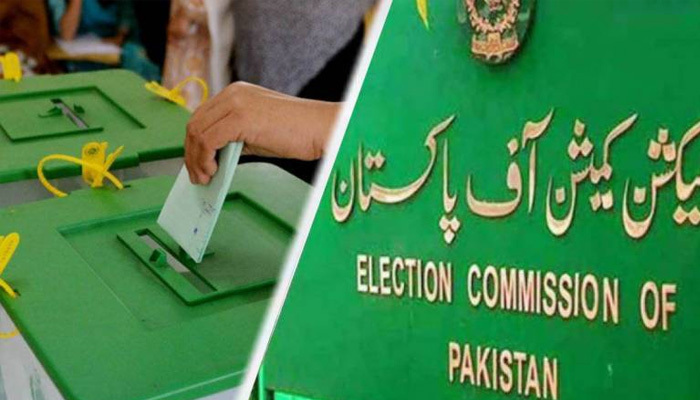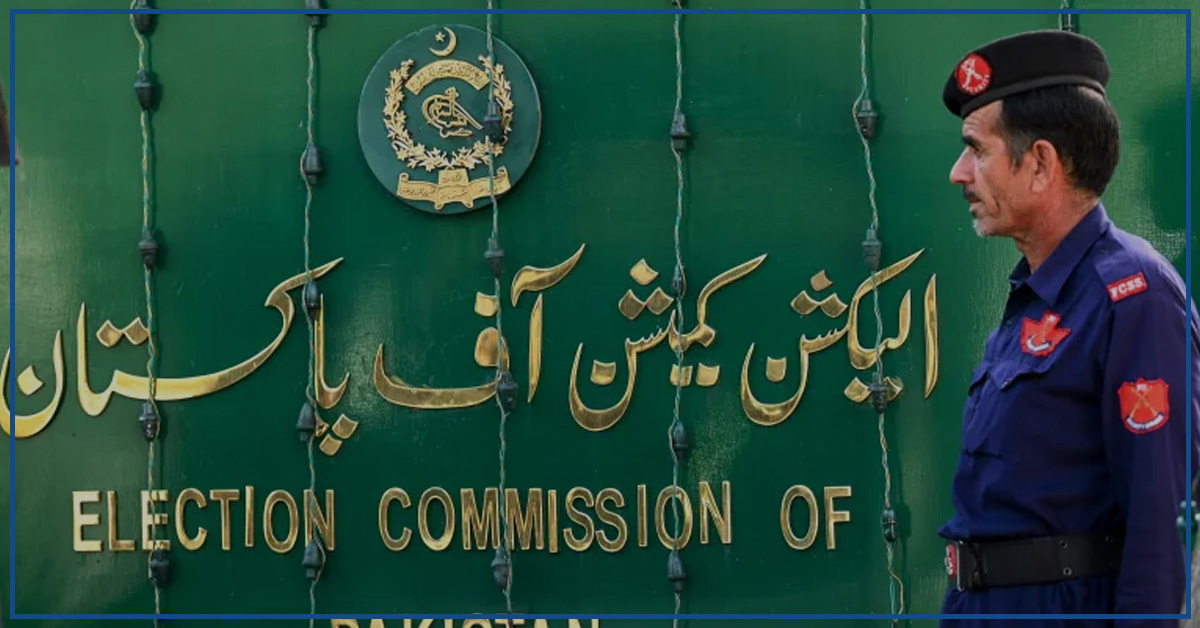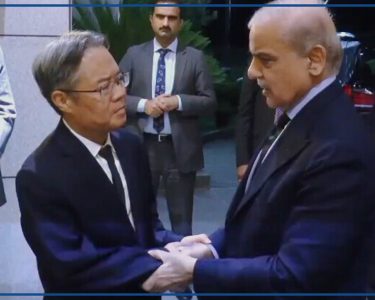To address a complex web of political, economic, and security crises, Pakistan has rescheduled its national elections to take place on Thursday, February 8.
The decision, announced by the Election Commission of Pakistan (ECP) following discussions with President Arif Alvi, marks a crucial turning point for the nation. Here’s an insight into the multifaceted challenges facing Pakistan and the implications of the election delay.
Parliament’s dissolution on August 9 triggered the need for a new election, which was originally supposed to take place within 90 days. However, the ECP’s decision to redraw constituency boundaries according to the latest census data extended the timeline.
Pakistan’s constitution mandates that elections can only proceed once constituencies are updated to reflect the current population, a process expected to take at least four months.
During this transitional period, the caretaker government, led by Prime Minister Anwaar-ul-Haq Kakar, played a crucial role in guaranteeing a transparent and fair election.
This responsibility is especially significant given the recent challenges faced by Pakistan’s main opposition party, Pakistan Tehreek-e-Insaf (PTI), and its leader, former Prime Minister Imran Khan.

Imran Khan’s government was removed from power in April last year through a parliamentary vote of no confidence. Since then, Khan, who had been advocating for early elections, found himself imprisoned on August 5 on corruption charges.
While his three-year sentence was later suspended, he remains in custody due to charges related to the “cipher case,” where he is accused of exploiting diplomatic cables for political gain.
The ongoing political turmoil and the opposition’s struggles have raised concerns about the fairness of the upcoming elections, making the caretaker government’s role all the more vital.
Pakistan faces economic instability as it grapples with a balance of payments crisis, striving to service its substantial external debt and combat soaring inflation. In a significant development, the International Monetary Fund (IMF) extended a $3 billion bailout package in June to support the country’s economic recovery.
The previous coalition government had implemented unpopular measures, such as the removal of fuel subsidies and gradual increases in fuel and energy tariffs, leading to record-breaking inflation and nationwide protests.
Amidst these multifaceted issues, security concerns loom large. The nation’s northwestern and southwestern provinces continue to be targeted by the resurgent Pakistan Taliban. The militant group’s resurgence has amplified security challenges and posed a significant threat to the stability and safety of the country.
In conclusion, Pakistan’s decision to postpone national elections to February reflects a nation grappling with a series of interconnected challenges.
The delayed election provides a window of opportunity for the caretaker government to ensure a fair and transparent electoral process while addressing the economic and security concerns that are currently at the forefront of the country’s agenda.
The eyes of the world will be on Pakistan in the coming months as it navigates these intricate issues and strives for a stable and prosperous future.





